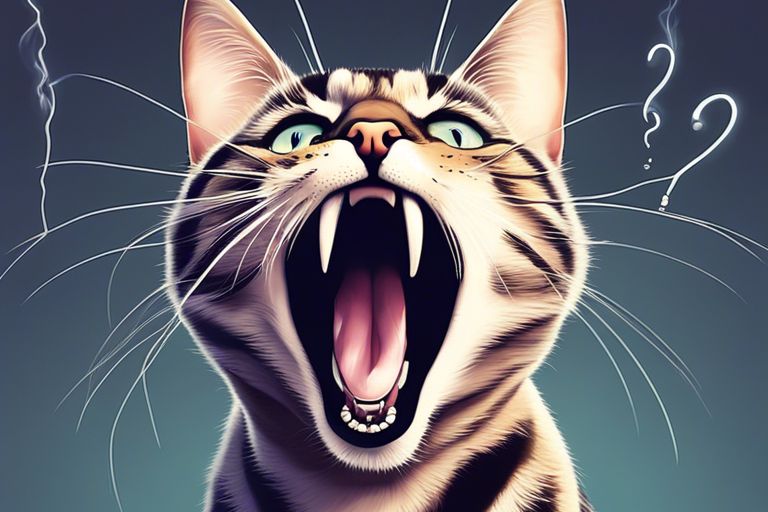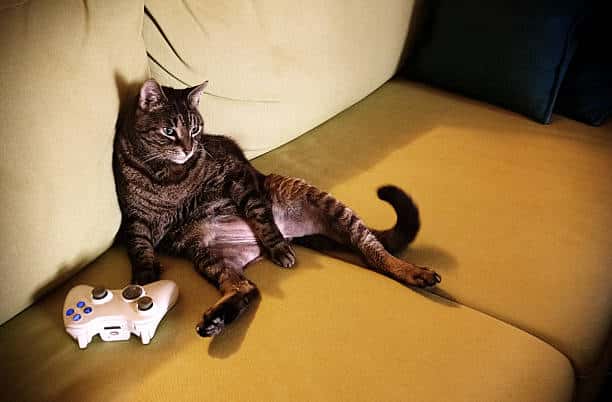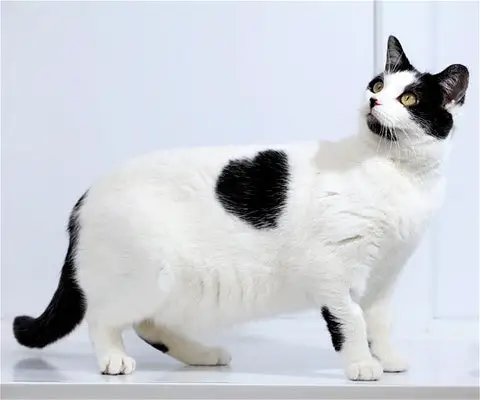Just like humans, cats can also struggle with weight management, which can lead to various health issues. By focusing on proper nutrition and portion control, you can help your feline friend maintain a healthy weight and live a longer, happier life. In this blog post, we will discuss the importance of feeding your cat a balanced diet, the role of portion control in weight management, and practical tips for keeping your cat at a healthy weight.
Understanding Cat Nutrition
Essential Nutrients for Cats
For a cat to thrive and maintain optimal health, it is crucial to provide them with imperative nutrients through their diet. These include proteins, fats, carbohydrates, vitamins, and minerals. Proteins are vital for muscle development and overall body function, while fats provide energy and support healthy skin and coat. Carbohydrates offer a source of energy, while vitamins and minerals are necessary for various metabolic functions within the body.
How Diet Affects Cat Weight
Essential to managing your cat’s weight is understanding how their diet impacts their overall health. Cats, like humans, can become overweight if they consume more calories than they burn off through activity. Factors such as the type of food, portion sizes, and feeding frequency all play a role in a cat’s weight management. It’s imperative to provide a balanced diet tailored to your cat’s specific needs to help them maintain a healthy weight and prevent obesity-related health issues.
To effectively manage your cat’s weight, it is imperative to monitor their food intake and adjust portions accordingly based on their age, activity level, and overall health. Consult with your veterinarian to develop a nutrition plan that meets your cat’s individual needs and supports their overall well-being.
Assessing Your Cat’s Weight
Ideal Weight Ranges
Any responsible pet owner should regularly monitor their cat’s weight to ensure they are within the ideal range for their breed and size. Cats should generally fall within the range of 8-10 pounds, but this can vary based on individual factors. Consult with your veterinarian to determine the ideal weight for your specific cat.
Signs of Overweight and Underweight
The first step in managing your cat’s weight is being able to recognize the signs of both overweight and underweight. Weight gain can lead to health issues such as diabetes and joint problems, while being underweight may indicate an underlying illness. Look for signs such as a prominent ribcage or excessive fat around the abdomen to determine if your cat may be over or under their ideal weight.
Weight management for cats is crucial in maintaining their overall health and well-being. Make sure to keep a close eye on your cat’s weight and consult with your veterinarian if you notice any sudden changes.
Creating a Weight Management Plan
Calculating Caloric Needs
Plan There’s no one-size-fits-all approach to determining your cat’s caloric needs. Factors such as age, activity level, and current weight play a crucial role in calculating the right amount of calories your cat should consume. Consulting with your veterinarian can help you determine the optimal caloric intake for your cat to achieve a healthy weight.
Choosing the Right Food
Right In the context of selecting the right food for your cat’s weight management plan, opt for high-quality, weight management formulas that are specifically designed to help your cat maintain a healthy weight. Look for options that are balanced in important nutrients and lower in calories to support weight loss. Ensuring your cat’s food is tailored to their needs is important for the success of their weight management plan.
Plus Remember to consider your cat’s preferences and any dietary restrictions they may have when choosing the right food. Slowly transition them to the new food to avoid any digestive upsets, and monitor their progress closely to ensure they are responding well to the new diet. Making informed choices about your cat’s nutrition is key to managing their weight effectively.
Portion Control and Feeding Practices
Measuring Food Portions Accurately
Control over your cat’s weight begins with accurate portion measurement. It is crucial to measure your cat’s food accurately to ensure they are getting the right amount of nutrition without overeating. Using a standard measuring cup or a kitchen scale can help you monitor the amount of food your cat consumes each day.
Scheduling and Consistency in Feeding
One of the key practices in managing your cat’s weight is maintaining a consistent feeding schedule. Cats thrive on routine, so feeding them at the same times each day can help regulate their metabolism and prevent overeating. Consistency in portion sizes and meal times can also aid in weight management and prevent excessive begging or meowing for food.
The Role of Exercise
Increasing Physical Activity
One of the key components of managing your cat’s weight is ensuring they get enough physical activity. Cats are natural hunters and explorers, so it’s important to provide opportunities for exercise to keep them mentally and physically stimulated. Encouraging playtime and other forms of activity can help your cat burn calories and maintain a healthy weight.
Playtime and Enrichment Ideas
Enrichment activities are imperative for a cat’s overall well-being, including weight management. It’s important to provide a variety of stimulating toys, such as feather wands, laser pointers, and puzzle feeders, to keep your cat engaged and active. Interactive playtime not only helps your cat stay fit but also strengthens the bond between you and your pet.
It’s crucial to rotate toys regularly to prevent boredom and ensure continued interest. Additionally, creating vertical spaces for your cat to climb and explore can enhance their physical activity levels and provide mental stimulation.
Monitoring Progress and Adjusting the Plan
Regular Weight Checks
Plan regular weight checks for your cat to track their progress and ensure that they are meeting their weight loss goals. Weigh your cat at least once a month using a reliable scale and record the results. If your cat is not losing weight as expected, it may be necessary to reassess their diet and exercise plan.
When to Revise the Diet Plan
To effectively manage your cat’s weight, it is important to know when to revise their diet plan. If your cat is not losing weight after following the initial plan for several weeks, or if they are losing weight too quickly, it may be time to consult with your veterinarian to adjust their calorie intake. Medical conditions and age can also affect weight loss, so it’s important to stay vigilant.
Adjusting your cat’s diet plan is crucial for their overall health and well-being. Work closely with your veterinarian to make any necessary changes to ensure that your cat is getting the right balance of nutrients while still promoting weight loss. Be mindful of, weight management is a journey that requires patience and dedication, but with the proper monitoring and adjustments, your cat can achieve and maintain a healthy weight.
Conclusion
Drawing together, managing your cat’s weight through proper nutrition and portion control is important for their overall health and well-being. By feeding them a balanced diet with the right amount of calories for their age, weight, and activity level, you can help prevent obesity and related health issues. Monitoring their portions and adjusting as needed can ensure they maintain a healthy weight. Do not forget, consult with your veterinarian for personalized advice on your cat’s specific needs to help them live a long and healthy life.
FAQ
Q: Why is managing my cat’s weight important?
A: Managing your cat’s weight is crucial for their overall health and well-being. Obesity in cats can lead to various health issues such as diabetes, arthritis, and heart disease. By controlling their weight through proper nutrition and portion control, you can help prevent these problems and ensure a longer, healthier life for your feline friend.
Q: How can I determine if my cat is overweight?
A: To determine if your cat is overweight, you can gently feel their ribcage. You should be able to feel the ribs without pressing too hard. You can also observe their body shape – an overweight cat will have a rounder appearance and may have a sagging belly. If you are unsure, consult your veterinarian who can assess your cat’s weight and provide guidance on how to address any issues.
Q: What are some tips for managing my cat’s weight through proper nutrition and portion control?
A: To manage your cat’s weight effectively, start by feeding them a high-quality, balanced diet that is appropriate for their age, size, and activity level. Avoid overfeeding by following the feeding guidelines provided by the food manufacturer. Consider feeding smaller, more frequent meals throughout the day to help prevent overeating. Additionally, incorporate interactive toys or puzzle feeders to encourage your cat to be more active and engaged. Regular exercise is also important, so make sure to provide opportunities for play and movement to help your cat maintain a healthy weight.




